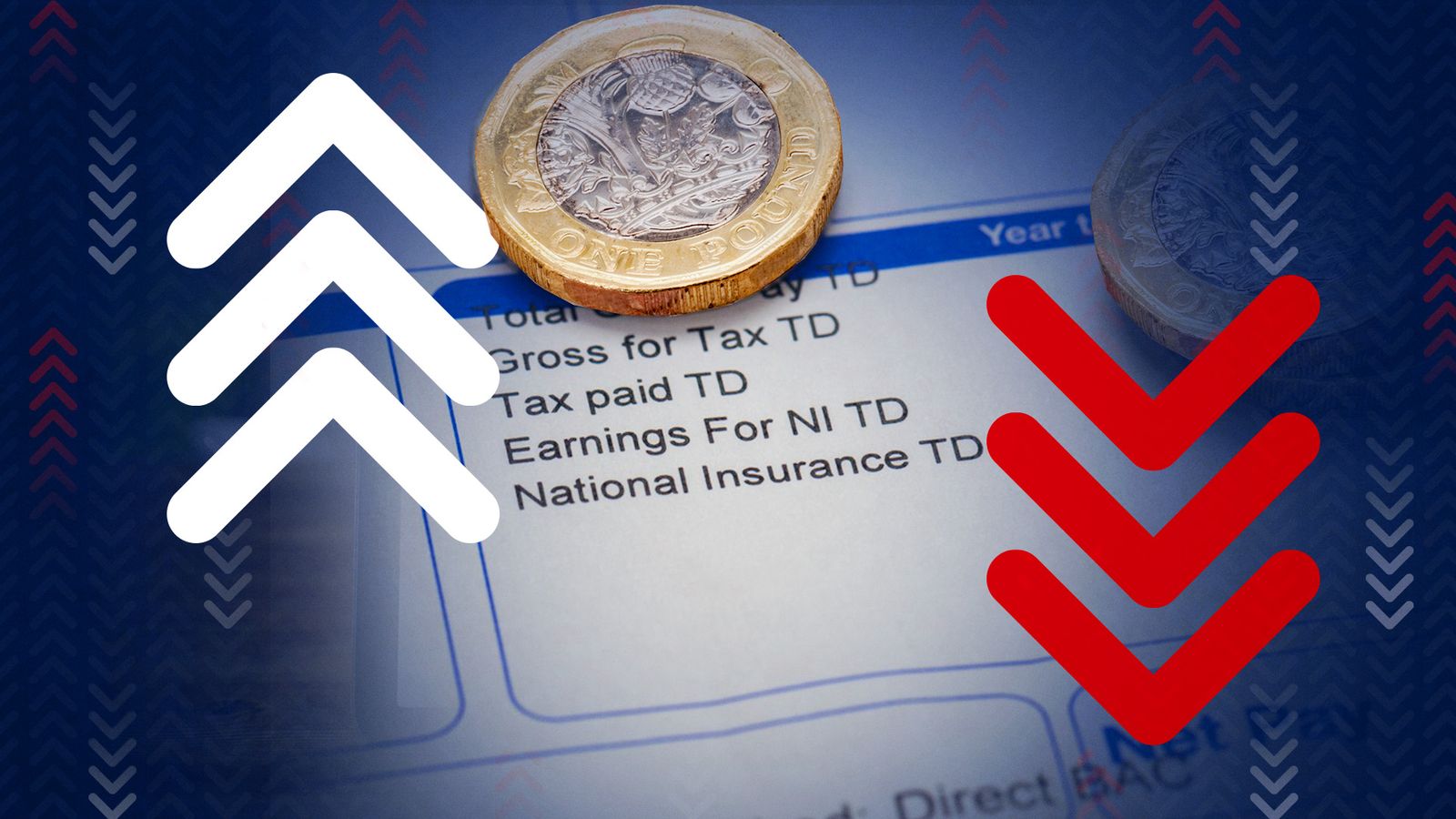Matt Hancock, former Secretary of State for Digital, culture, music, and sport, said the U.K. must take a long-term approach and lower crypto taxes to allow digital innovation to grow.
“HMRC has taken a revenue-maximizing approach…applying it in a sledgehammer way… what we need to do is take a growth-maximizing view where revenues in the future will be far greater.”
Hancock said during his keynote at Zebu Live in London on Sept. 22.
HMRC, the U.K. tax authority, was the subject of focus for Hancock during the Q&A section of his address. The U.K. tax laws treat crypto the same as other assets meaning that a 20% capital gain tax applies to all crypto trades.
Any time a digital asset is traded for another, it is a taxable event. Further, activities such as mining and yield farming are considered income and taxed at 40% for anyone earning over £50,271. However, people earning less than £12,570 annually pay 0% income tax.
Capital gains tax in the U.K. is complicated to understand and involves calculating your income tax to establish if you are within the basic tax rate banding. Those within the ‘basic tax rate’ pay 10% capital gains tax, with others paying 20%.
Hancock, bullish on crypto and digital assets as a method for the U.K. to regain dominance in the global financial markets, now believes the U.K. tax rate for crypto does not best serve innovation within the country.
The MP also argued that some laws should be rewritten to accommodate innovations within the crypto industry. Further, Hancock asserted that:
“Within the existing framework, we need regulators to be front foot, positive, open, risk-on, instead of the opposite of all those things.
During the keynote, Hancock repeatedly asked for feedback from the British public on the issues they face working in crypto in the U.K. Any U.K. citizens wishing to contact Hancock can do so via the details listed on the Parliament website.
The post UK should lower crypto tax rate to encourage growth – MP Matt Hancock appeared first on CryptoSlate.











